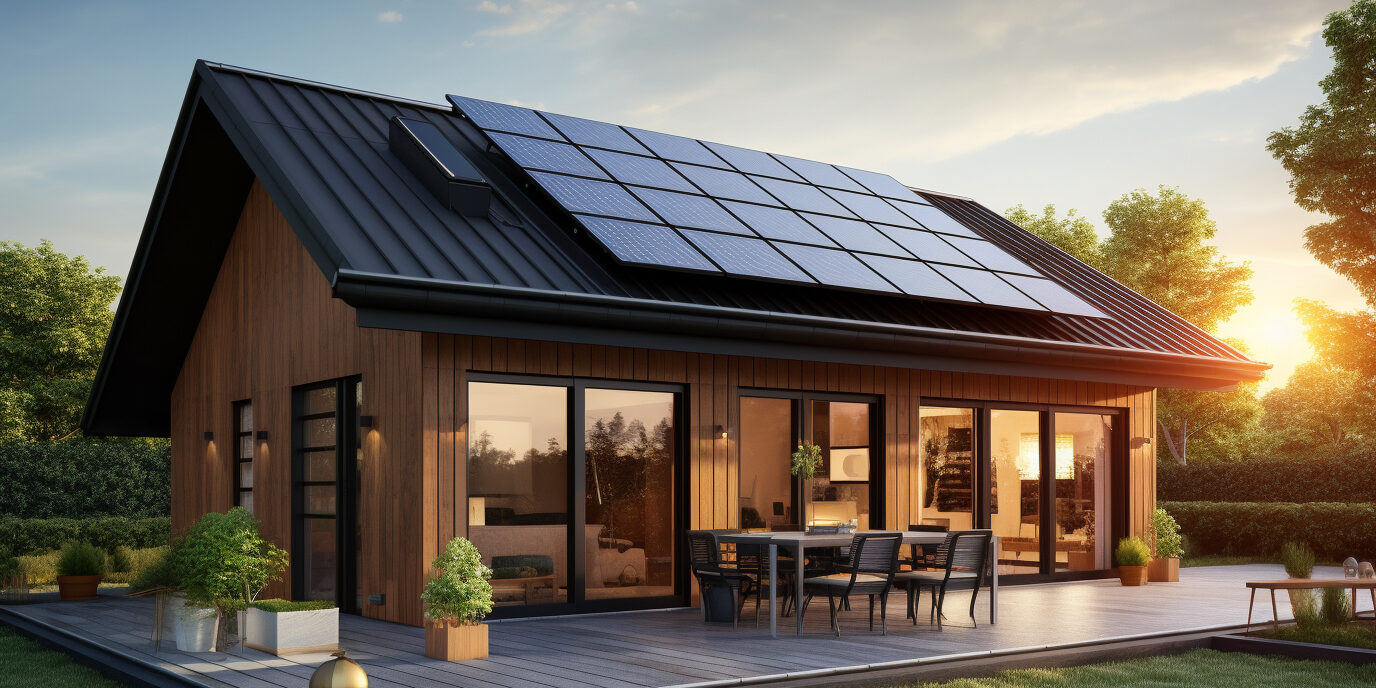
The Genista Foundation, run by Mark Causon, PhD and a team of dedicated volunteers is a Maltese nonprofit organization that maintains an area of land which I got to visit during my recent trip to Malta. It is a peaceful oasis of native flora, near Fort Rinella, Kalkara, on the southeast side of Malta’s main island. Genista has carried out numerous educational projects in Malta and abroad, engaging disadvantaged youth and international students from European universities in personal self development while connecting with the land and learning agricultural practices hands-on. The Foundation grows the Maltese National Tree, the Gharghar tree, the rare Genista plant, carob, olives, and also Widnet il-Baħar, a native Maltese bush with purple flowers. The site is 100% solar powered, and has a rain barrel system to capture rain water that is used to irrigate the plants. From Dr. Causon, who has been doing environmental education for years and also helps maintain Malta’s only forest, Buskett Gardens, I learned about environmental issues happening in Malta.
For one, Malta’s total energy use is just under 600MW (this is about 1/10 of Long Island’s usage). Having closed down an old electric plant in Marsa several years ago, the Maltese government recently switched to using natural gas instead of heavier fuel, so the country’s emissions have declined. A gas pipeline is being contemplated, from Italy to Malta. While an overdependence on cars has caused traffic to increase, there are at least electric vehicle (EV) charging stations around Malta put in place by the government. EVs are just starting to become popular there. Unlike the U.S., biodiesel is for sale there right at regular gas station pumps.
Malta is a member of the Paris Climate Agreement, and as a European Union (EU) nation, must participate in achieving the EU’s goal of 20% energy generated from renewable sources by 2020. Malta is well suited for solar and many homes have solar thermal units on their roof to heat water. Solar electric use has been slower to take off, but as of 2016 the government was offering a 50% incentive up to €2300 for the first 7000 homes to switch. A grant of 40% up to €400 is available for solar hot water heaters. Offshore wind had been considered off of St. Paul’s Bay but it was found that the depth of the sea floor and competition with other uses of the sea made it difficult. Codes restrict placement of wind turbines on land, but I have seen a few.
Malta derives its drinking water from desalinization of seawater. There are three sewage treatment plants on the main island of Malta, one in the north and two in the south, that process sewage and then release remaining effluent into the sea. Solid waste used to be deposited into a large unlined dump in Maghtab next to the sea, where methane-fueled flames could sometimes be seen. That has since been closed and there is a modern, properly lined landfill located next to it with technology to capture the methane. A new waste recycling facility had been built by Wastserv in San Antnin, Marsascala several years ago, but it unfortunately caught on fire in May 2017 and has to be rebuilt. In some towns such as Sweiqi, the local council has established a system of organic waste collection. Households put all appropriate food scraps in a black bag for it to be picked up and composted. As of now this is a pilot project, so let’s hope it is successful and becomes the norm in all Maltese Towns.

A major issue of contention in Malta has been bird hunting. Many birds stop in Malta as part of their migration routes between Europe and Africa, and populations of some species have been declining over the past few years due to loss of habitat and other factors. In Malta bird hunting is a popular sport and though there are regulations, some environmental groups say illegal poaching abounds. A referendum held in 2015 to ban the spring hunting season was rejected but the debate continues on. Fish farms have also been a problem, with the oily sludge-like feed sometimes washing up near the shore and ruining a good day of swimming.
In positive news, Malta was the first country to ban the use of the pesticide glyphosate in 2016 after the World Health Organization declared it to be a carcinogen. Dr. Causon played a role in developing the policy. In addition to the Genista Foundation, Malta also has a strong showing of environmental organizations that keep moving the conversation forward—such as Nature Trust, Friends of the Earth Malta, Birdlife Malta, Din l-Art Ħelwa, Gaia Foundation, Permaculture Malta, Flimkien Għal Ambjent Aħjar (Together for a Better Environment). Many of these groups work to preserve remaining open spaces and avert excessive development which is a consistent pressure in the small island of Malta.
To learn more and support these organizations follow the links above.
–Beth Fiteni, MSEL

